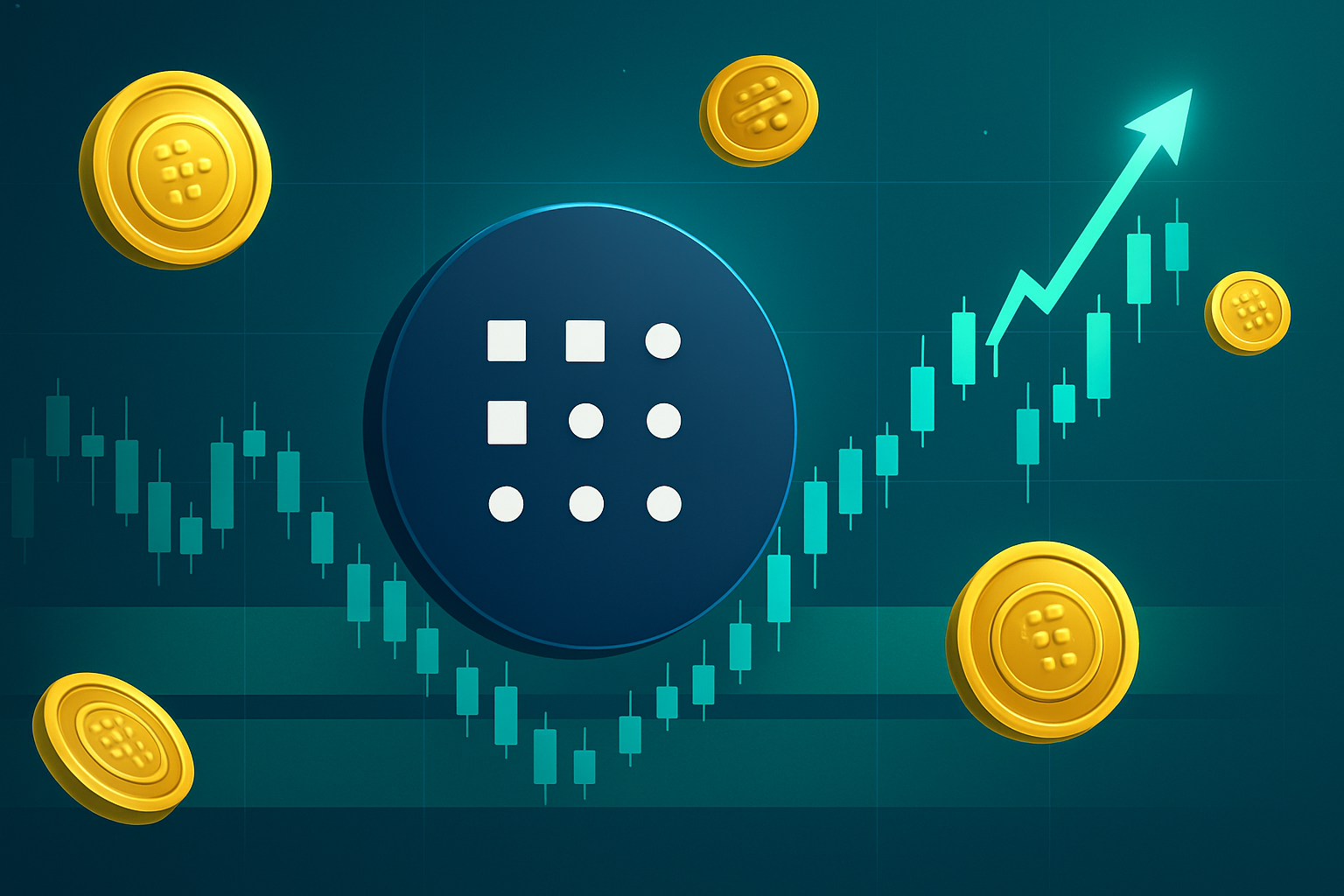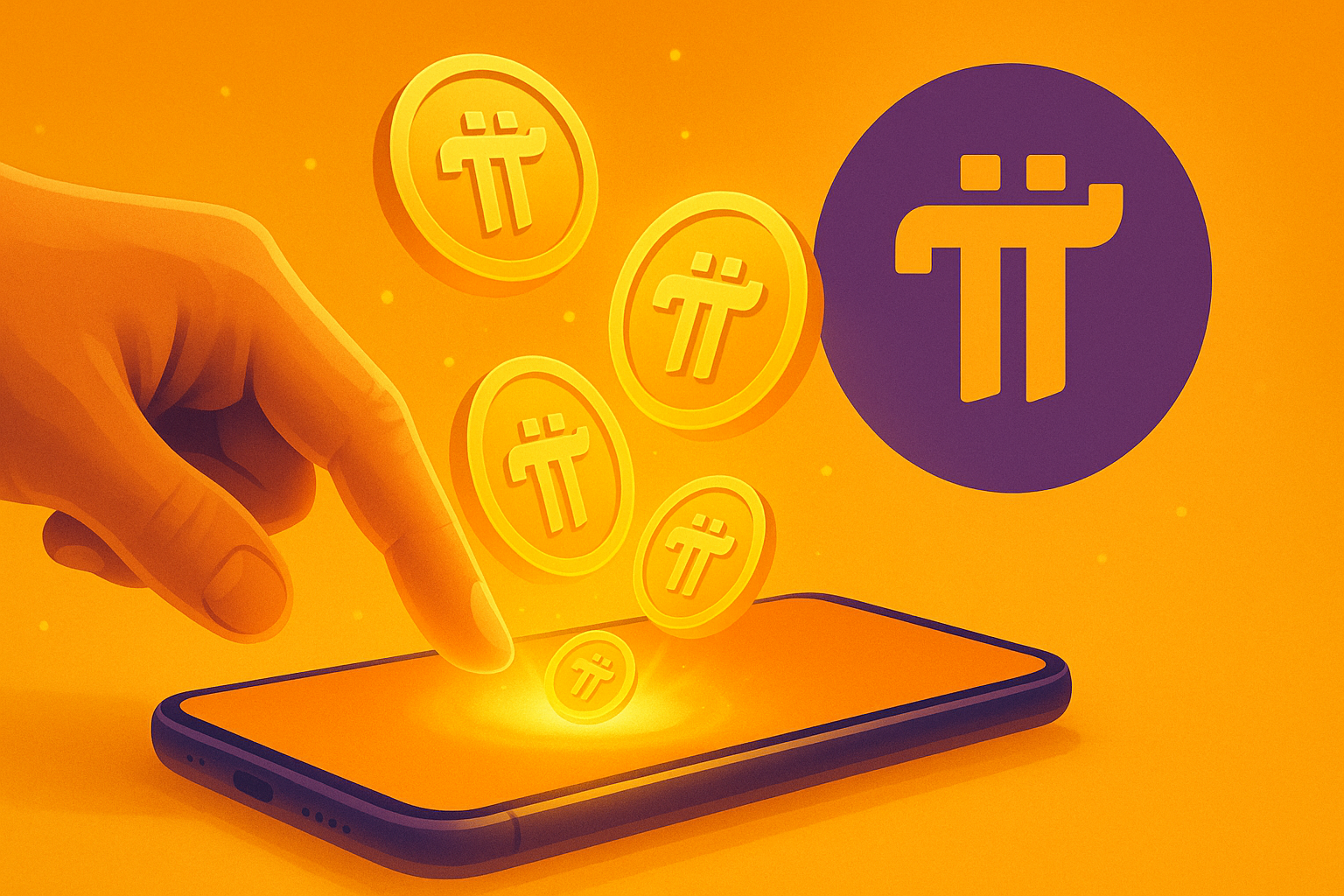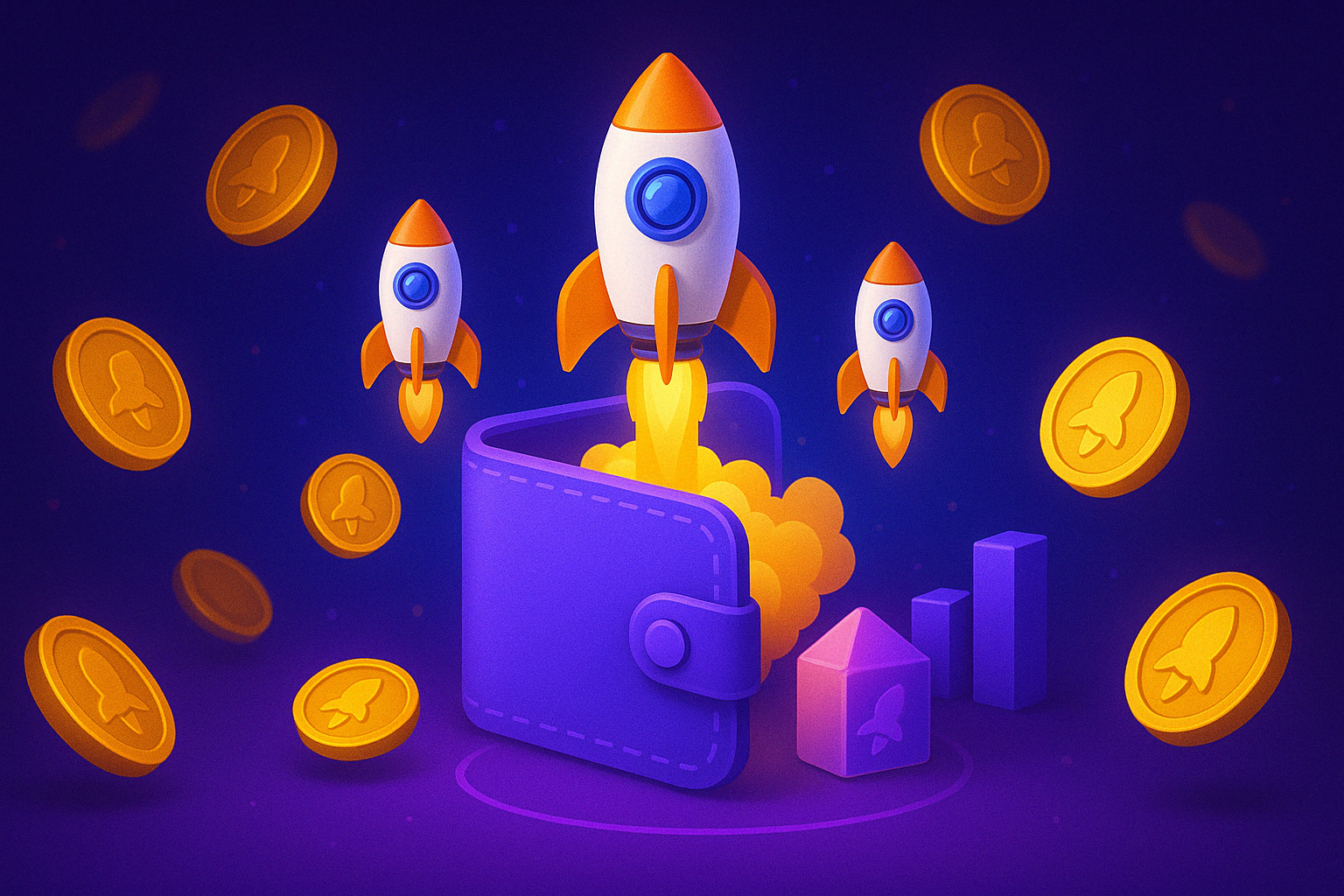Bitcoin may have started it all, but the world of cryptocurrency has grown far beyond a single coin. In 2025, there are thousands of alternative tokens — known as altcoins — each with unique goals, technologies, and use cases.
Some aim to improve what Bitcoin lacks. Others are powering the next generation of finance, gaming, and the internet itself. If you want to understand crypto today, you need to understand altcoins.
Let’s explore what altcoins are, why they matter, and how they’re used in today’s digital economy.
What Exactly Are Altcoins?
The term “altcoin” simply means “alternative coin.” It includes every cryptocurrency that isn’t Bitcoin. Some are major platforms like Ethereum, while others are niche tokens with specific purposes.
What makes altcoins different is their diversity. While Bitcoin focuses on value storage and security, altcoins support smart contracts, apps, NFTs, and more. Some are well-established. Others are risky or even scams. So understanding their purpose is essential.
Did you know? The first altcoin ever created was Namecoin in 2011, a project focused on decentralized domain names. Ethereum followed in 2015 — and changed everything.
Types of Altcoins in 2025
Altcoins can be grouped based on their role in the crypto ecosystem.
Here’s a breakdown of the main categories:
- Layer 1 Platforms: These are base-layer blockchains like Ethereum or Solana. They allow developers to build decentralized applications.
- Utility Tokens: Used to pay for services, access features, or fuel activity inside a platform.
- Governance Tokens: Give holders a say in how protocols evolve or how treasury funds are used.
- Stablecoins: Pegged to a currency like the U.S. dollar. They reduce volatility and are widely used in trading and DeFi.
- Meme Coins: Born from internet culture, these tokens thrive on community support and virality.
- Real-World Asset (RWA) & DePIN Tokens: Linked to physical infrastructure or traditional financial instruments, such as tokenized real estate or decentralized data networks.
Each category serves a different function — and some tokens fit into more than one group.
What Altcoins Are Used For Today
Altcoins are not just alternatives — they drive some of the most innovative use cases in blockchain.
- Smart Contracts and dApps: Platforms like Ethereum and Avalanche support decentralized apps. These apps cover everything from DeFi to NFT marketplaces.
- Decentralized Finance (DeFi):Tokens like $UNI or $AAVE let users lend, borrow, and trade without banks. This gives people around the world access to financial tools.
- Gaming and NFTs: Altcoins power in-game economies and NFT platforms. Projects like $IMX and $SAND create new ways to earn, play, and collect.
- Cross-Border Payments: Tokens such as $XRP and $XLM offer faster, cheaper alternatives to traditional banking for sending money globally.
- Governance: Projects with governance tokens let users vote on decisions. This makes crypto more democratic and user-driven.
- Infrastructure and Real-World Assets: Some altcoins support logistics, storage, or energy networks. Others are tied to tokenized real estate or Treasury bonds, giving crypto a role in traditional finance.
Altcoins are fueling the next generation of the internet — from finance to art to infrastructure.
FAQs About Altcoins
Are altcoins better than Bitcoin?
They serve different roles. Bitcoin is a store of value. Altcoins are used for apps, finance, games, and more.
Can altcoins be profitable?
Yes — but they are volatile. Some have delivered huge gains, while others collapsed. Always do your research.
What’s the best altcoin to buy now?
There’s no universal answer. It depends on trends, goals, and risk appetite. DeFi, gaming, and RWA tokens are strong themes in 2025.
Are altcoins risky?
Yes. Even solid projects face market shifts, hacks, or poor planning. Never invest more than you can afford to lose.
How do I buy altcoins?
Most altcoins are available on major crypto exchanges. You’ll need a wallet and funds (crypto or fiat) to get started.
Final Thoughts: Why Altcoins Are Essential to Crypto’s Future
Altcoins show us what blockchain can really do. From finance to art, governance to infrastructure, they push the boundaries far beyond Bitcoin’s original vision.
As the crypto space grows, altcoins will likely play an even bigger role. Whether you’re a beginner or an experienced trader, understanding altcoins is essential for navigating this fast-moving world.
If Bitcoin is digital gold, then altcoins are the building blocks of the future Web3 economy.
Ready to explore more?
- What Is Ethereum and How Does It Work? (2025 Beginner’s Guide)
- What Is Bitcoin? Beginner’s Guide to the First Cryptocurrency (2025)












